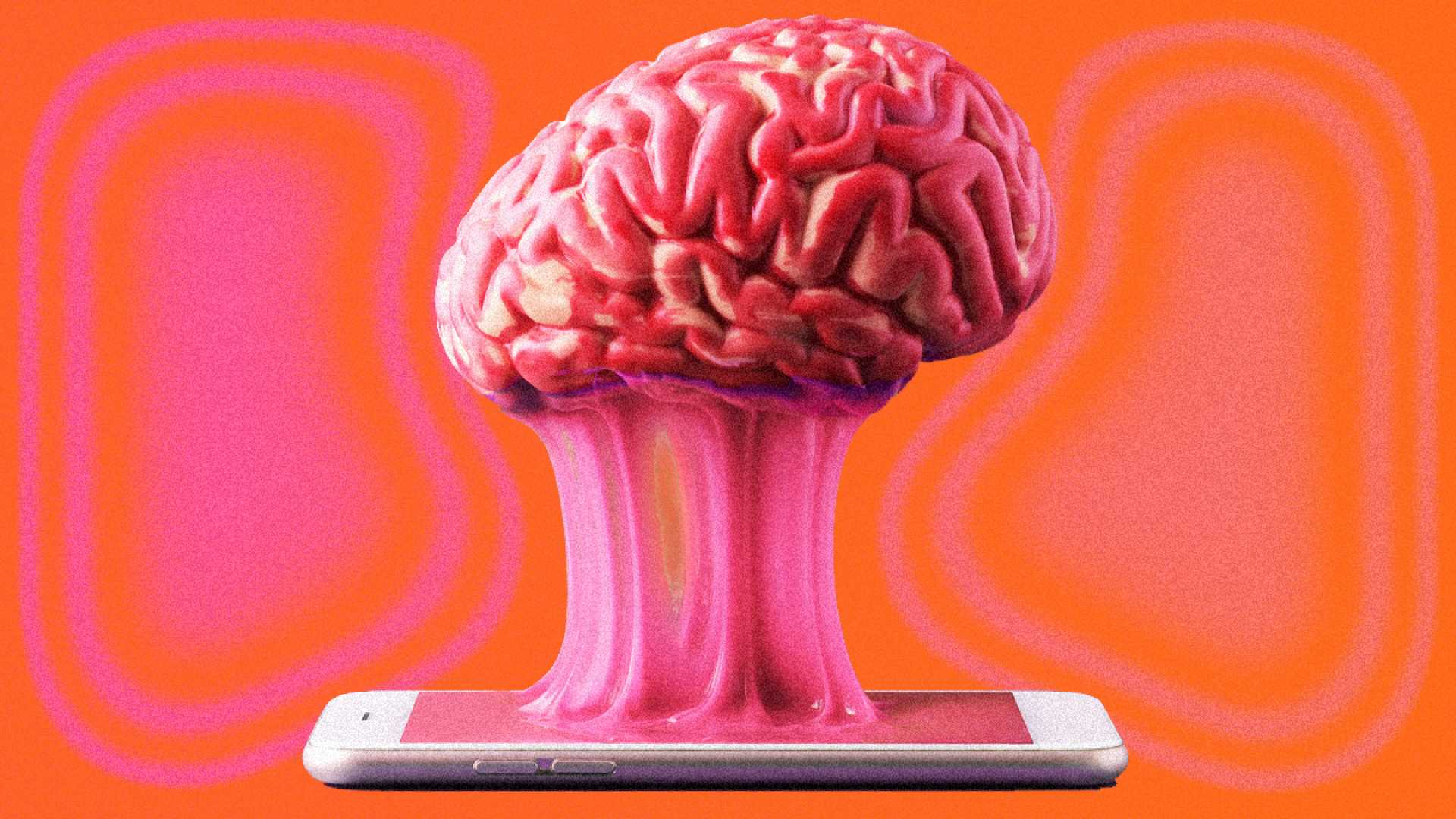Tech
Brain Rot’ Named Oxford Word of the Year 2024: Understanding the Term and Its Implications

In a significant reflection of contemporary internet culture, Oxford University Press has announced ‘brain rot’ as the Word of the Year for 2024. This term, defined as the “supposed deterioration of a person’s mental or intellectual state, especially viewed as the result of overconsumption of material (now particularly online content) considered to be trivial or unchallenging,” has gained widespread usage and attention over the past year.
The concept of ‘brain rot’ is not new; it was first recorded in Henry David Thoreau’s 1854 book *Walden*, where he criticized society’s tendency to favor simple ideas over complex ones. However, the term has seen a significant resurgence in the digital age, particularly among Gen Z and Gen Alpha communities. Its usage has increased by 230% between 2023 and 2024, largely due to its amplification on social media platforms like TikTok.
Today, ‘brain rot’ is used to describe both the low-quality, low-value content found on social media and the internet, as well as the perceived negative impact this content has on individuals and society. It is often associated with slang and trends popular among younger generations, such as ‘skibidi’ and ‘only in Ohio’ memes. These terms have become part of a broader ‘brain rot language’ that reflects the growing influence of viral online culture on everyday language.
The selection of ‘brain rot’ as the Word of the Year highlights a growing concern about the impact of excessive online content consumption on mental health, especially among children and young people. This concern is echoed by mental health experts and has led to advice being published on how to recognize and avoid ‘brain rot’.
Casper Grathwohl, President of Oxford Languages, noted that the term’s popularity reflects a self-awareness among younger generations about the potential harmful effects of social media. This awareness is part of a larger cultural conversation about the evolving relationship between humanity and technology).












